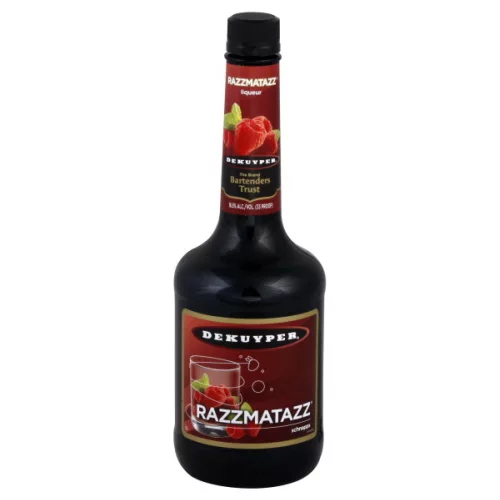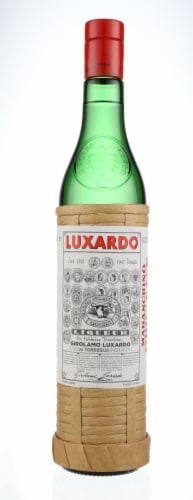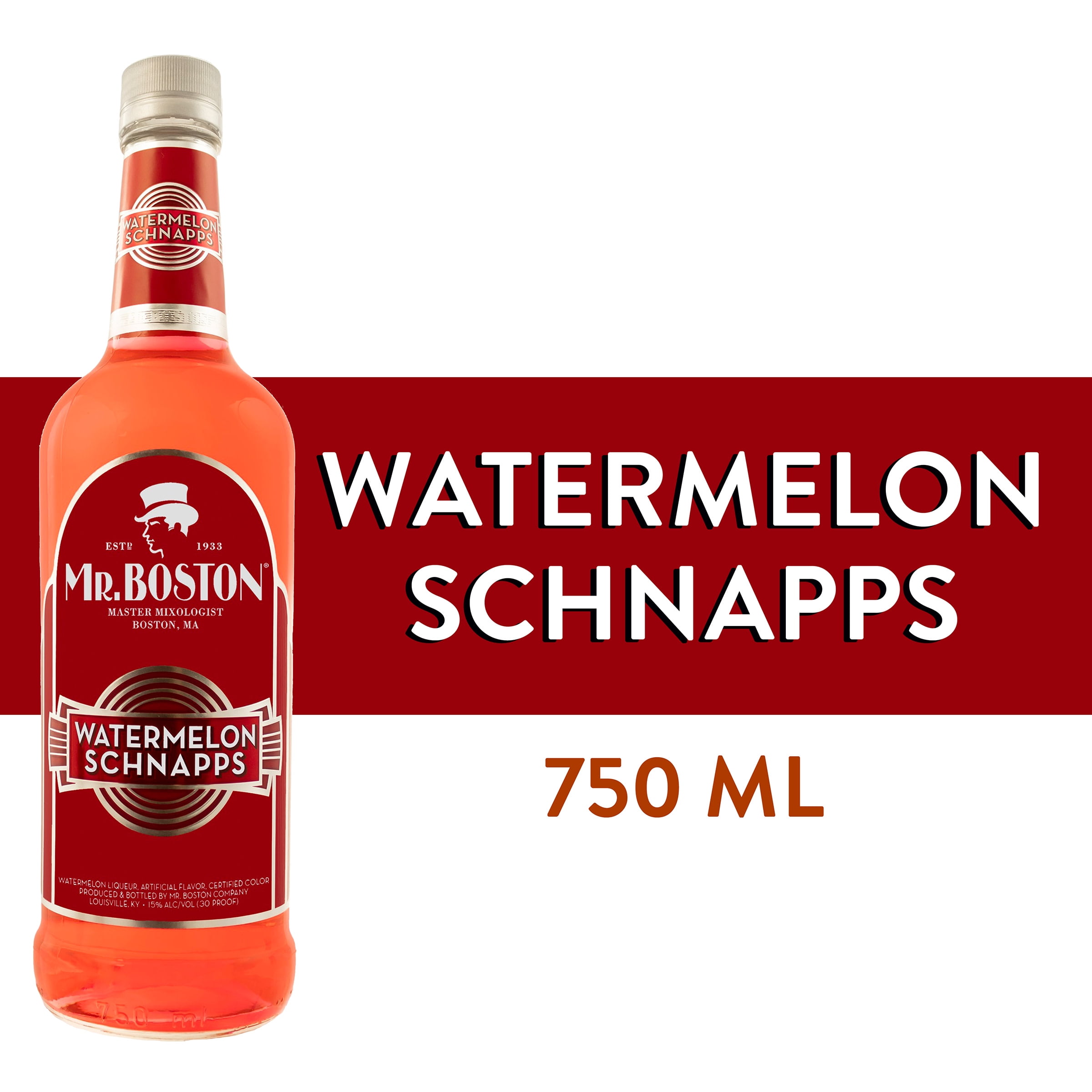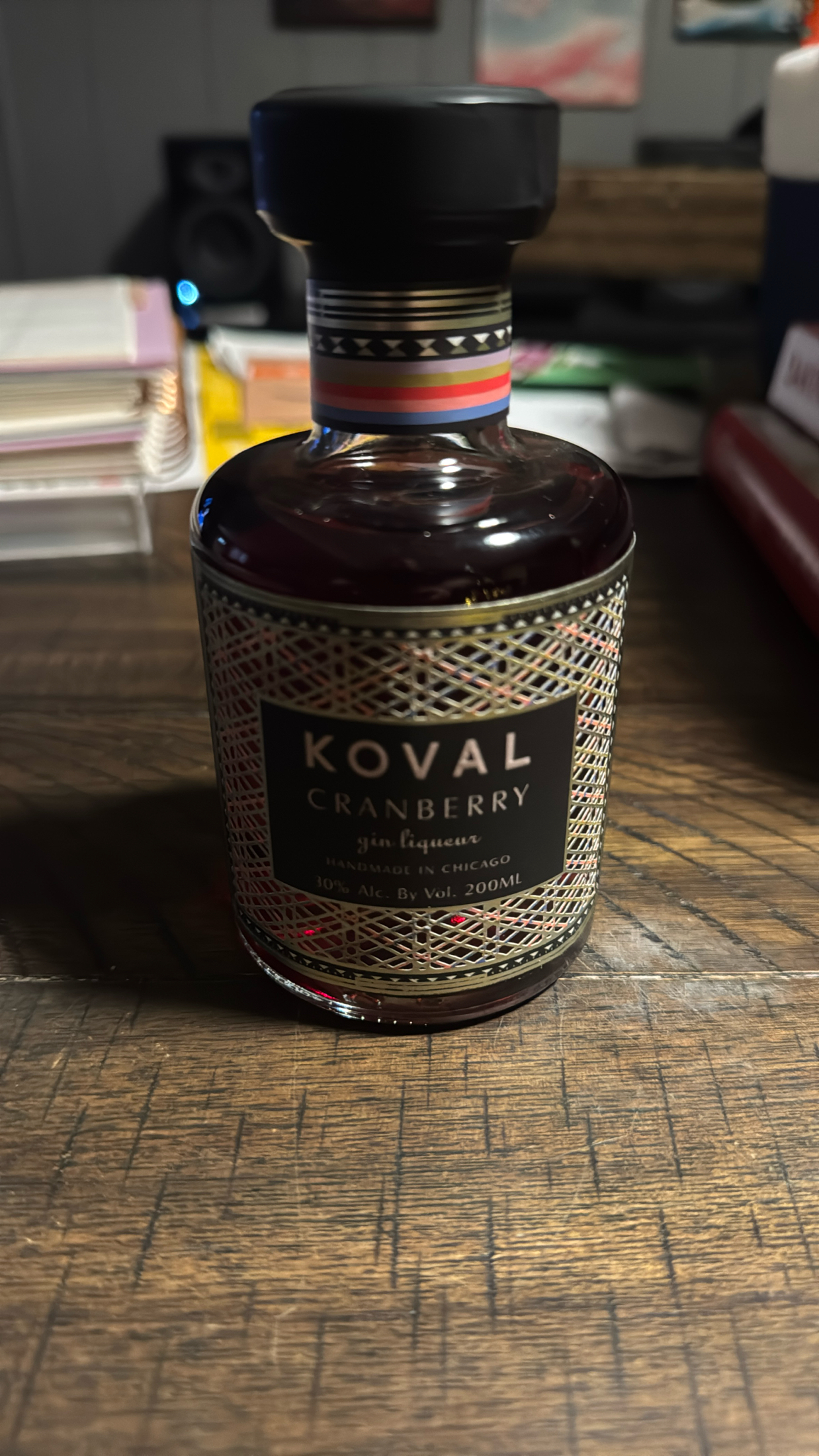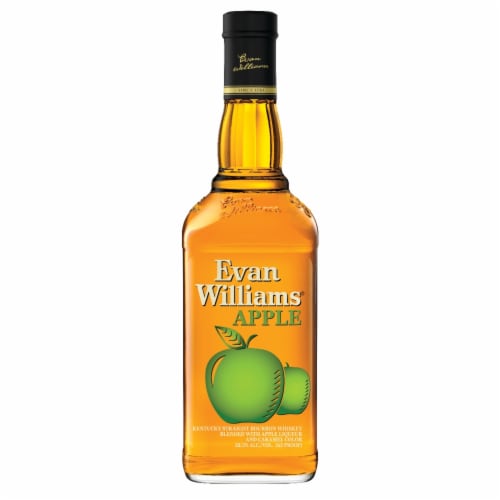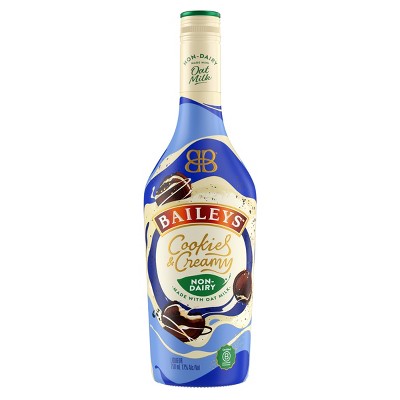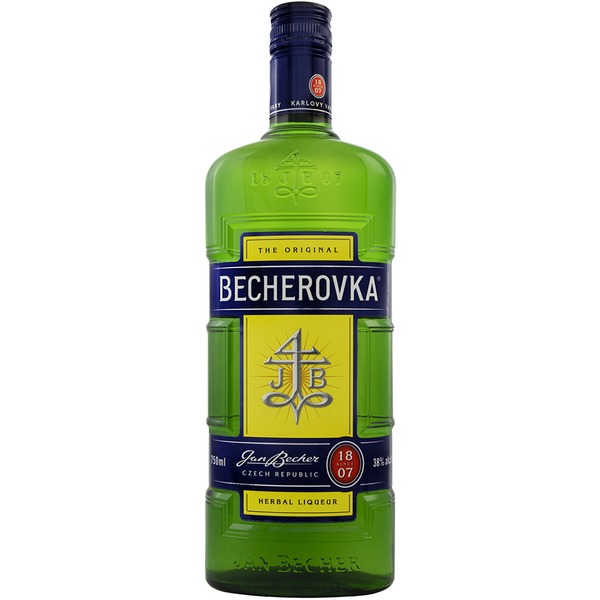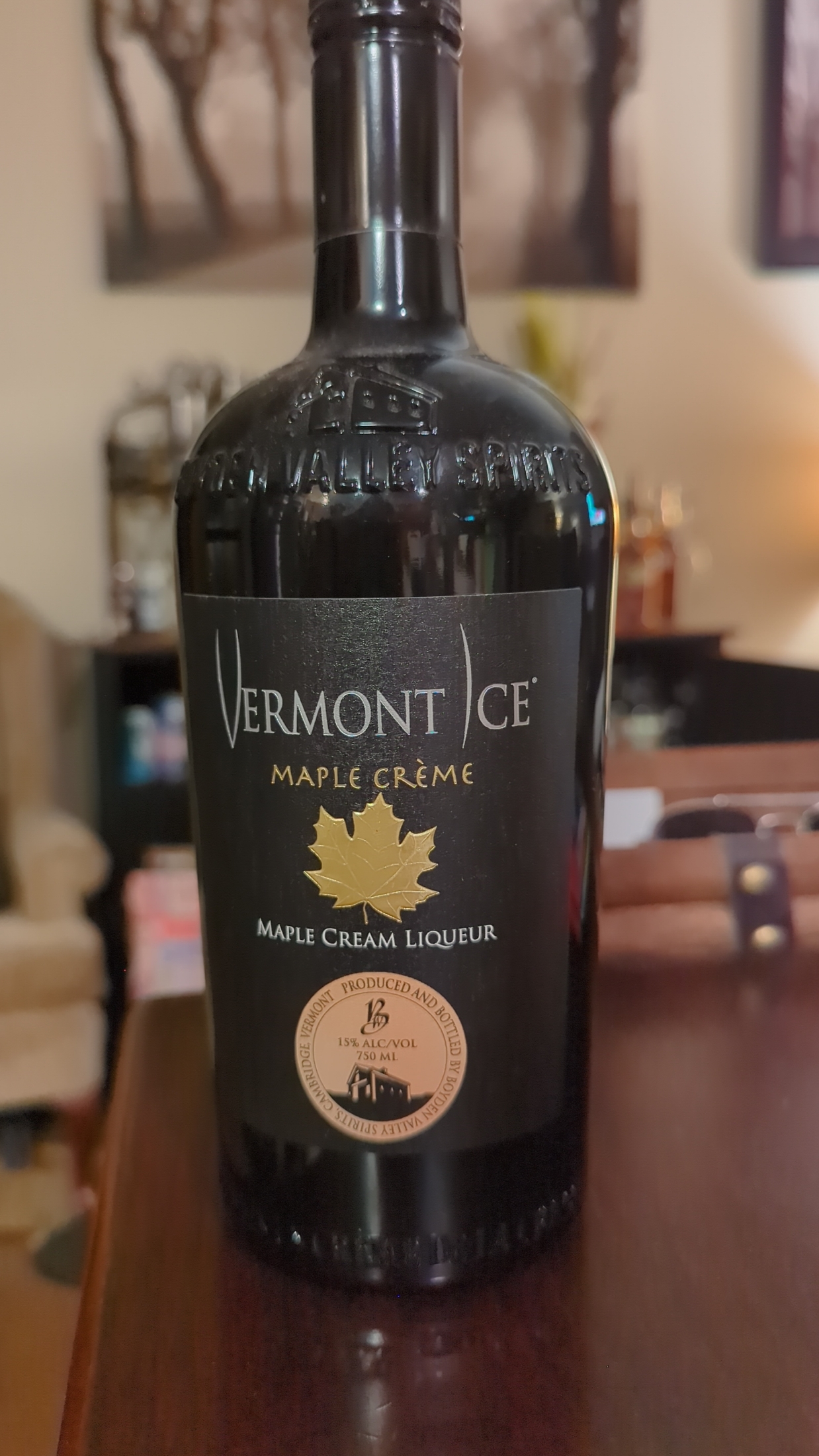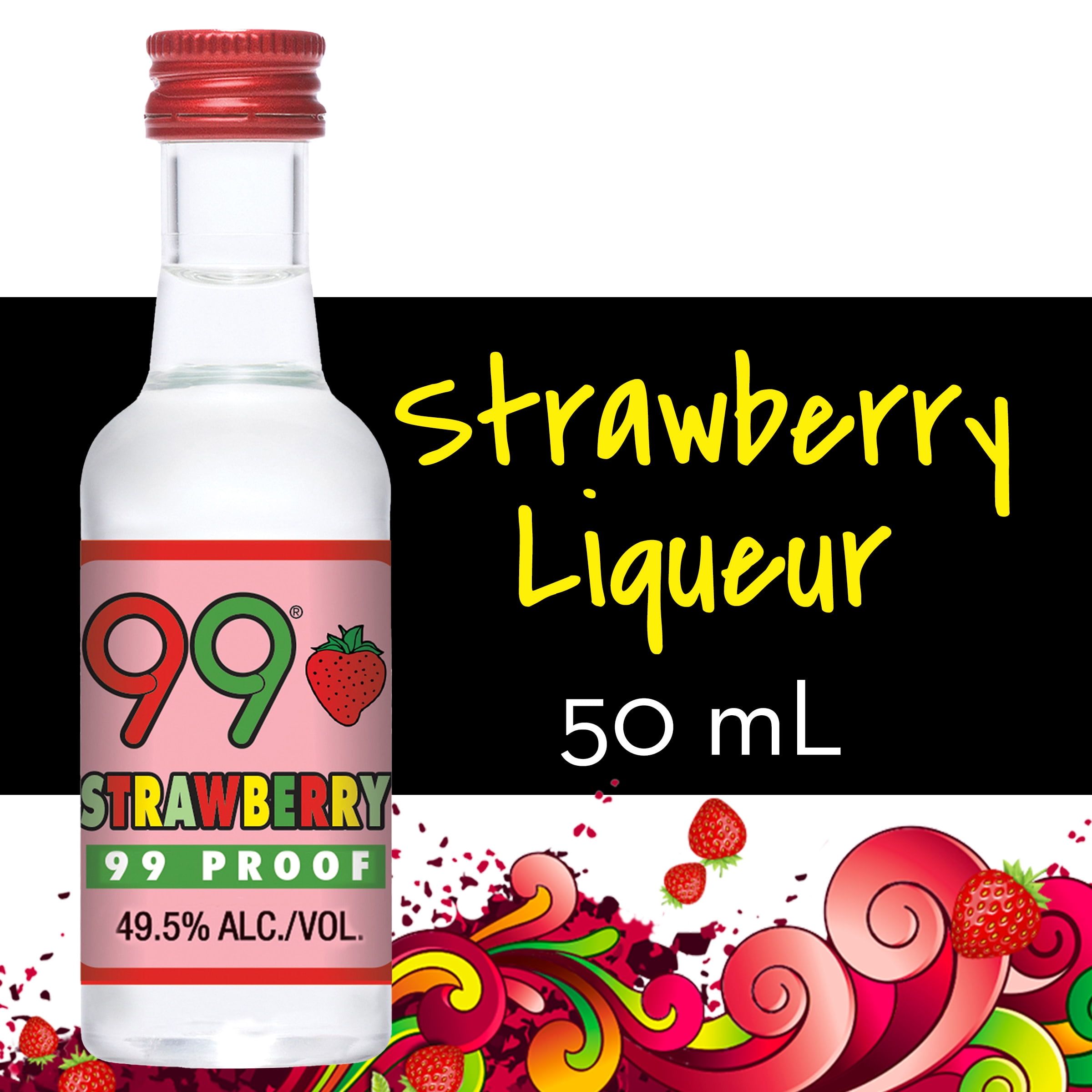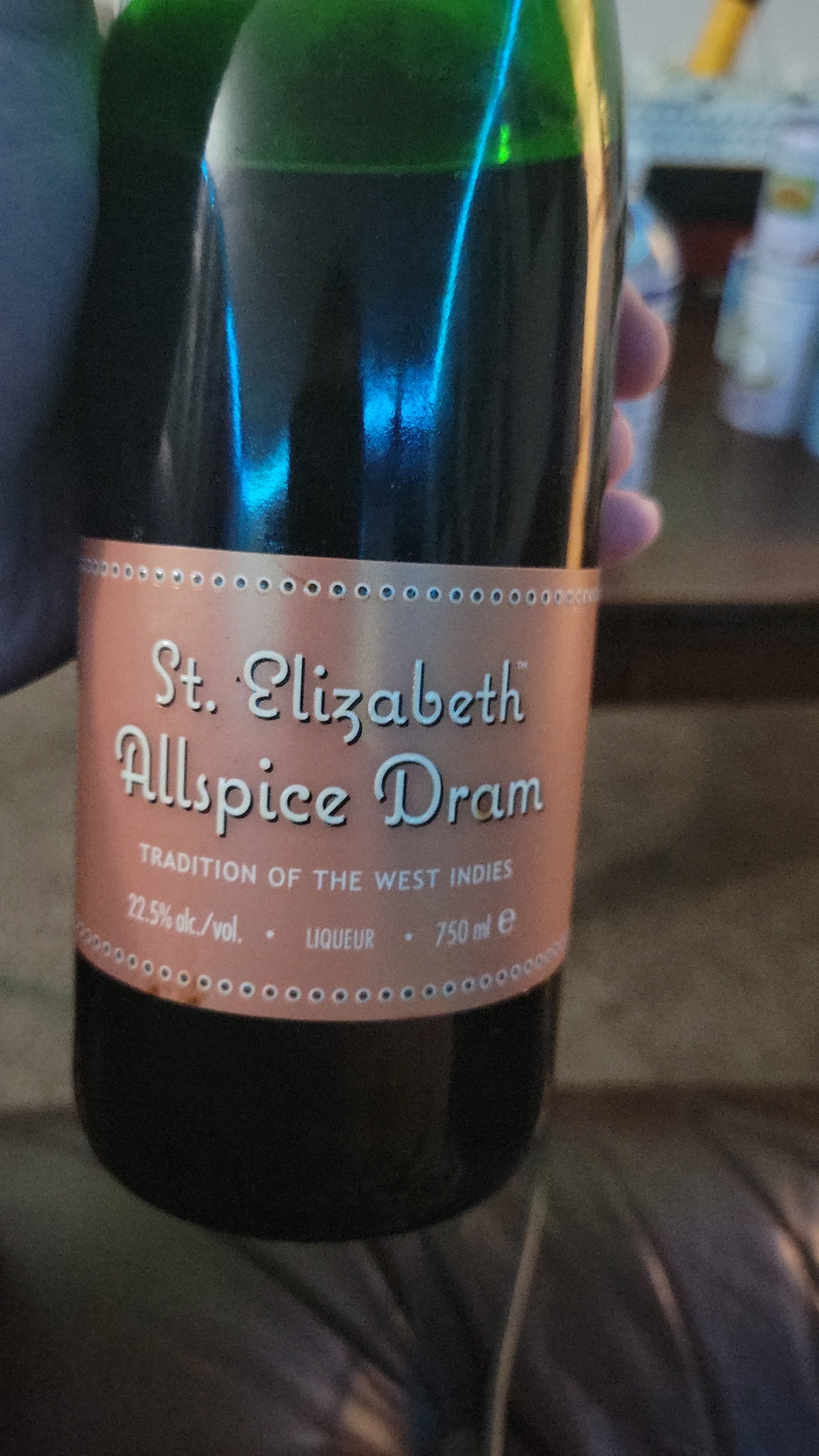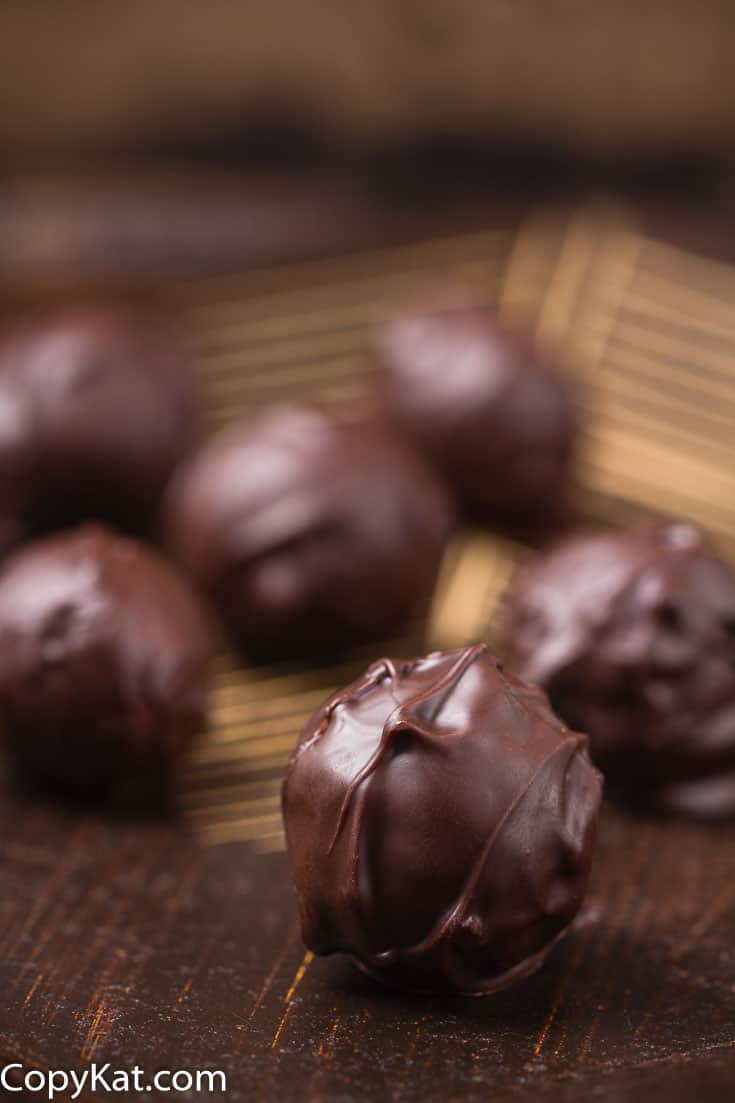COCKTAILS
DESSERTS
Liqueur
Liqueur, a sweet, flavored alcoholic beverage, is derived from a base spirit and possesses an amalgamation of various flavors originating from fruits, herbs, spices, or even nuts. Primarily consumed as an after-dinner drink, liqueurs typically have a lower alcohol content (15-30% ABV) and can also be used as an ingredient in cocktails, baked goods, or culinary presentations.
Liqueurs are often cherished for their versatility, ranging from the fruity and aromatic to deeply herbaceous and bitter. A multitude of flavor offerings and enjoyable sipping experience makes liqueurs a mainstay in home bartending, providing a delightful range of options for enhancing and enriching homemade cocktails and desserts.
99%
CARBS
1%
FAT
0%
PROTEIN
479 Liqueur Products
Dekuyper Razzmatazz Raspberry Schnapps
LUXARDO Liqueur
Mr. Boston Watermelon Schnapps Liqueur
KOVAL Cranberry Gin Liqueur
Evan Williams Kentucky Cider Liqueur and Kentucky Straight Bourbon Whiskey
Cookies & Creamy Non-Dairy Liqueur
Becherovka Original Liqueur
Maple Crème
99 Brand Strawberry Schnapps 99 10/12
St. Elizabeth Allspice Dram
Used In 4 Recipes
Liqueur Is Frequently Used With
Liqueur FAQ
When cooking with liqueur, it's essential to keep in mind the flavor profile of the specific type you're using. The sweet and aromatic flavors of liqueur can add a unique dimension to a dish or dessert. The main issues people face when cooking with liqueur stems from misconceptions related to its alcohol content and flavor impact. Despite the assumption that the alcohol will completely evaporate during the cooking process, it's important to remember that this actually greatly depends on the cooking method and time. Therefore, using the correct amount is crucial as an excessive quantity can overpower the flavors of the food. On the other hand, using too little may result in the flavor disappearing entirely after cooking. Another common mistake is using a liqueur without understanding its distinct flavor. This can lead to incompatible flavor combinations or conflicting taste profiles.
One tip to maximize the flavor of the liqueur is to add it towards the end of cooking, allowing the alcohol to evaporate while keeping the distinct flavor it adds. Furthermore, consider the liqueur's sweetness when integrating it into a dish, as it can significantly influence the overall taste and might require an adjustment of other ingredients.
A few hacks to get more out of this ingredient include using it as a glaze for meat or poultry, complementing a sauce, or infusing it into a dessert. For cocktails, they can act as a balancing agent providing both sweetness and complexity to the drink. Make sure to choose a liqueur that compliments the taste profile of the dish or drink.
Can I substitute one type of liqueur for another in a recipe?
Can liqueur be used as a cooking spray?
How does liqueur affect the texture of a dish?
Can I use liqueur in non-alcoholic dishes?
Why is my dish bitter after adding liqueur?
Can I use liqueur in a marinade?
Can I flambé with liqueur?
Will cooking with liqueur make my dish taste like alcohol?
How can I use liqueur in a dessert?
Can I use liqueur in a cocktail?
Expiration & Storage Tips
When does liqueur expire?
Unopened liqueur can last indefinitely if stored properly; it will not normally spoil but may lose some of its flavor or become cloudy over many years. Once opened, a liqueur should ideally be consumed within one to two years, although you can still enjoy it for many years as its overall quality diminishes gradually. As it's rare to freeze liqueur, I won't dive into freezing or defrosting details here.
How do you tell if liqueur is bad?
You'll know the liqueur has gone off if it smells off or rotten, or if it has developed an unusual appearance or consistency. Any changes in colour, clarity or if any sediment appears at the bottom of the bottle are all signs that the liqueur has spoiled. Remember, consuming spoiled liqueur could result in stomach distress, so always trust your senses - if in doubt, leave it out!
Tips for storing liqueur to extend shelf life
• Always store in a cool, dark place away from direct sunlight to preserve the flavor and prevent evaporation
• Keep the bottles upright to prevent the cork from drying out and let the air in
• Always return the cap or cork after pouring the liqueur to keep unwanted particles and bacteria out
• Don't store liqueur in the refrigerator unless the specific brand recommends doing so
• For long-term storage, consider transferring the liqueur into smaller bottles to reduce the amount of air contact
EXPIRES WITHIN
27 - 27.4
YEARS
Equivalents

Amaretto Liqueur

Melon Liqueur

Fruit Liqueur

Apple Liqueur

Banana Liqueur

Berry Liqueur

Buttersotch Liqueur

Passion Fruit Liqueur

Pomegranate Liqueur

Vanilla Liqueur

Walnut Liqueur

White Chocolate Liqueur

Coffee Liqueur
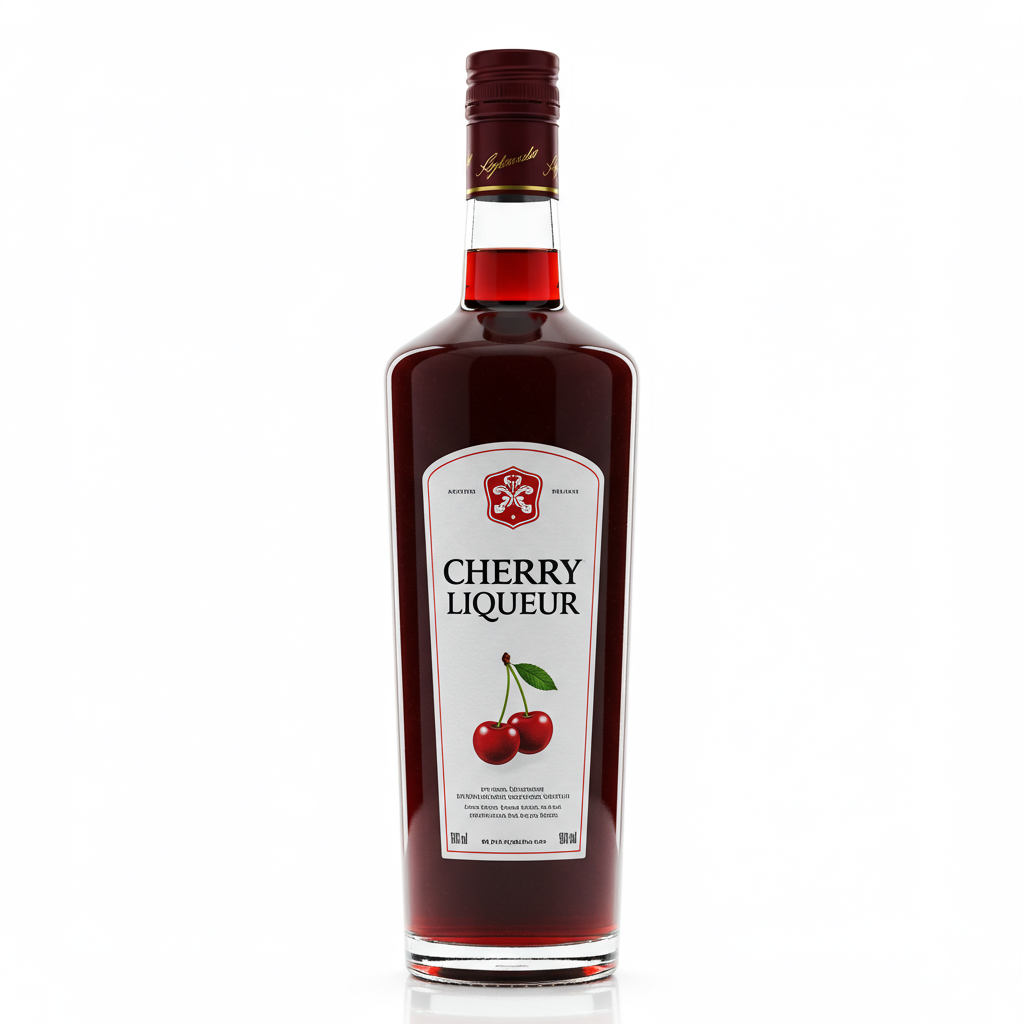
Cherry Liqueur

Chocolate Liqueur

Grand Marnier Liqueur

Lemon Liqueur

Pear Liqueur

Hazelnut Liqueur

Mint Liqueur

Orange Liqueur

Peach Liqueur

Raspberry Liqueur
Substitutes
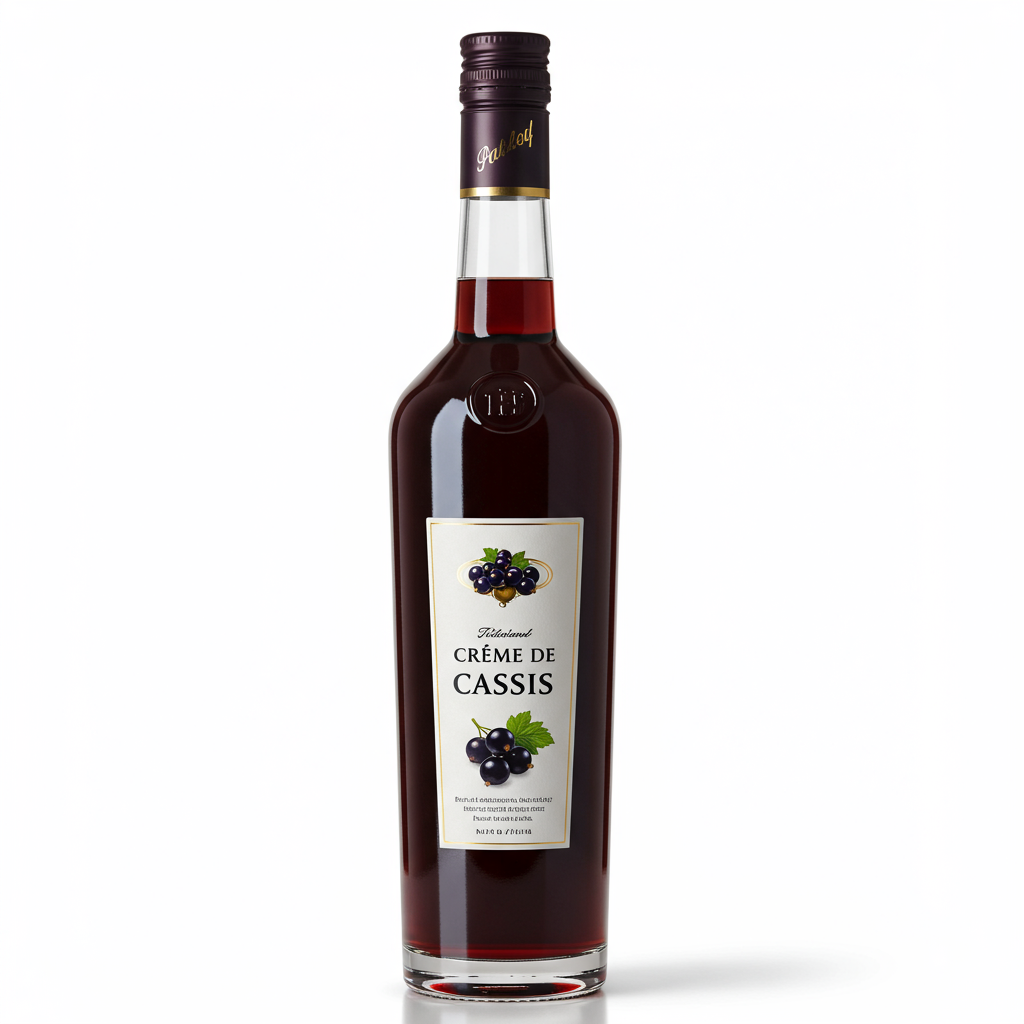
Creme De Cassis Liqueur
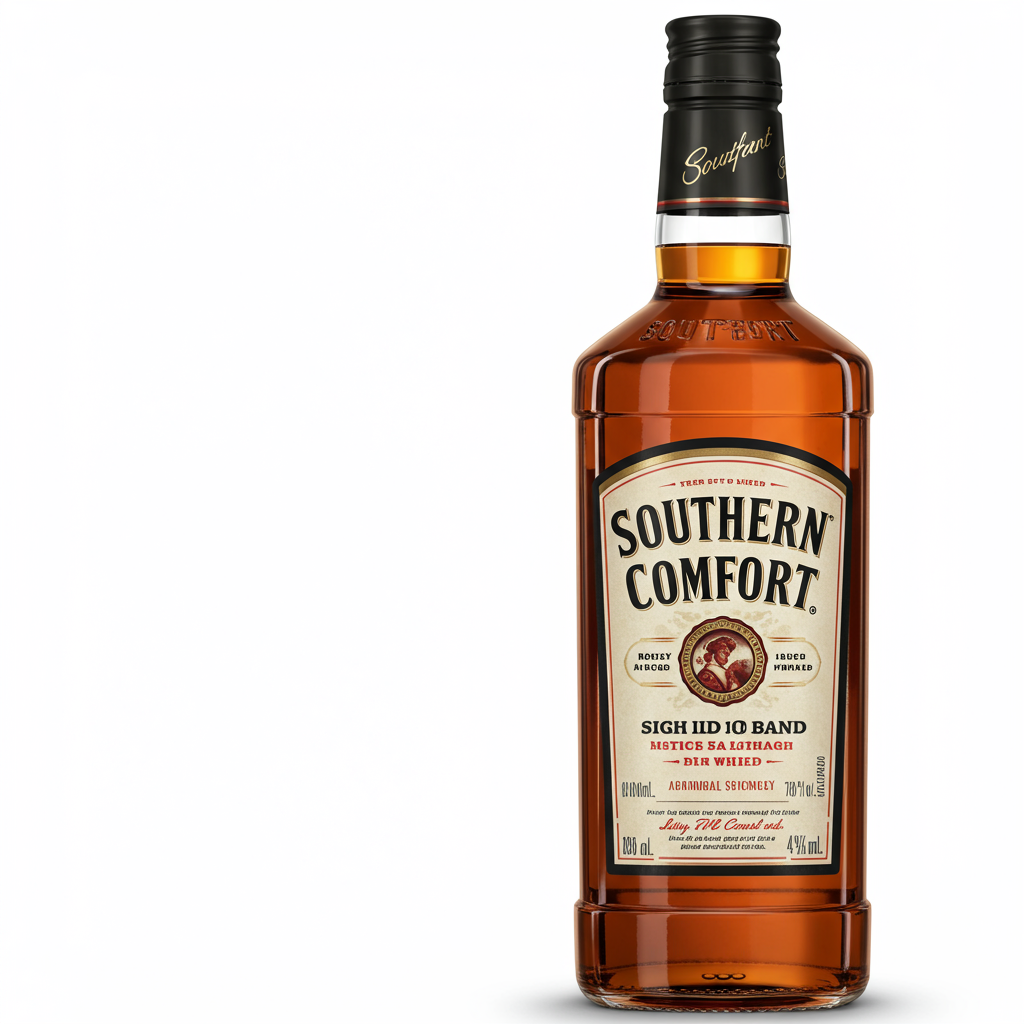
Whiskey Liqueur
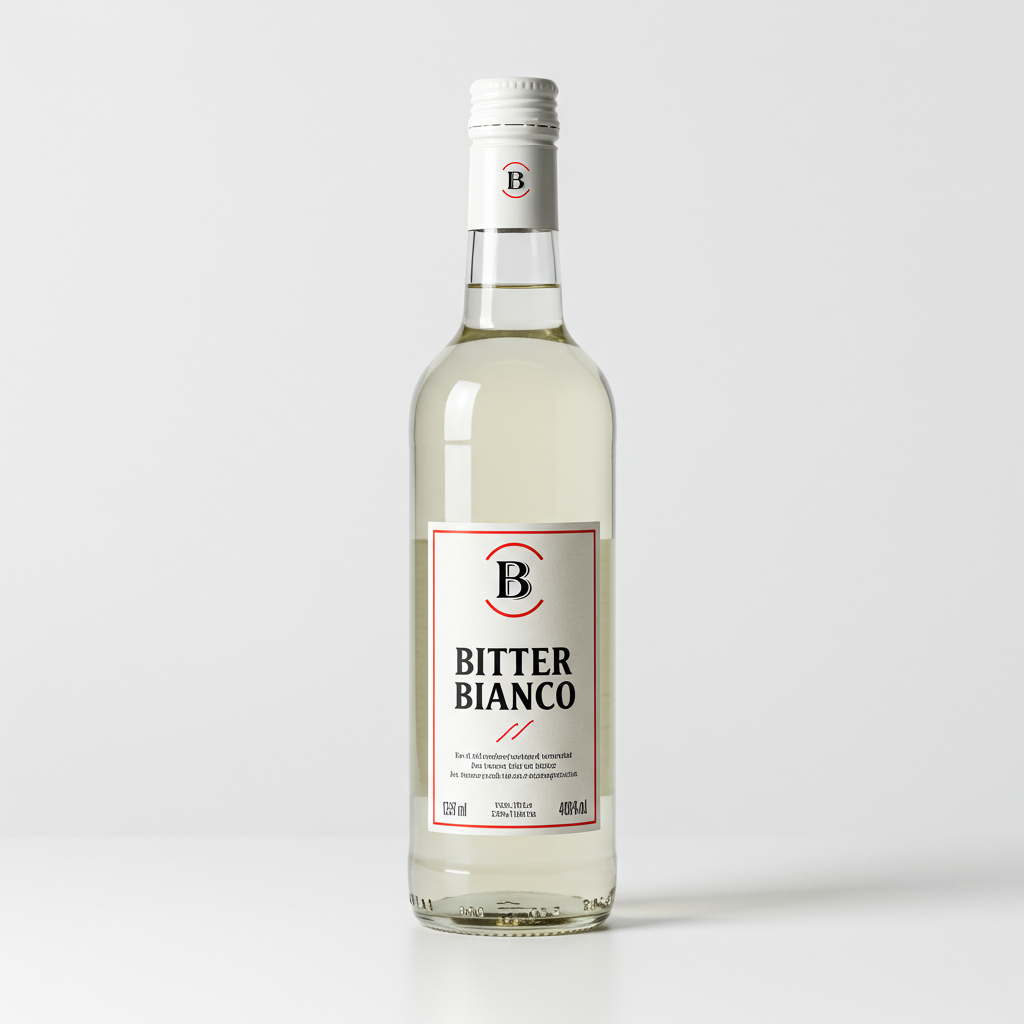
White Aperitif Liqueur

Cinnamon Liqueur

Banana Cream Liqueur

Berry Cream Liqueur

Coconut Cream Liqueur

Cream Liqueur

Fruit Cream Liqueur

Mint Cream Liqueur
See All
Health Info
Macros
19g
CARBS
0g
FAT
0g
PROTEIN
Allowed on these diets
LOW FAT
HIGH CALCIUM
VEGETARIAN
LOW CARB
VEGAN
LACTOSE FREE
GLUTEN FREE

